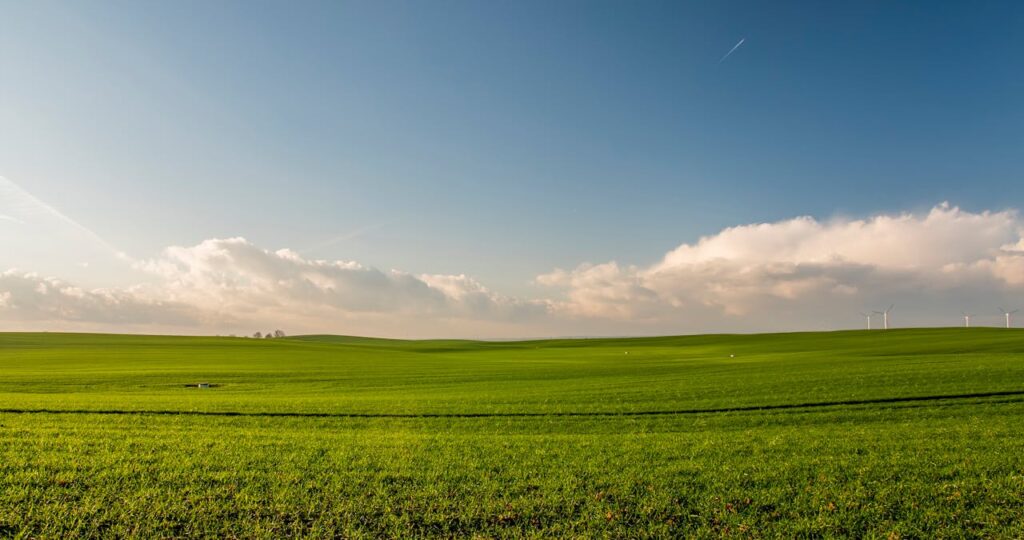Meaning: This idiom means that people often believe that other people’s situations or possessions are better than their own, even when this is not necessarily true. It implies a sense of envy or dissatisfaction with one’s own circumstances and an idealized view of others’ situations.
Usage in Example Sentences:
- “She was unhappy with her job and thought about quitting, but her friends reminded her that the grass is always greener on the other side.”
- “He regrets selling his house to move to the city; he realizes now that the grass isn’t always greener on the other side.”
- “Before you envy your friend’s career, remember that the grass is always greener on the other side.”
Origin: The origin of the idiom “the grass is always greener on the other side” is rooted in the human tendency to compare oneself unfavorably with others and to believe that others have it better. The phrase likely originated from the literal observation that grass often looks greener and more lush from a distance, particularly when viewed over a fence or in someone else’s yard. Up close, however, it becomes apparent that the grass is not necessarily better maintained or healthier than one’s own. This idea has been captured in various cultures and languages, and the phrase has been used in English since at least the 19th century to express the sentiment that other people’s lives often seem better than they actually are.


